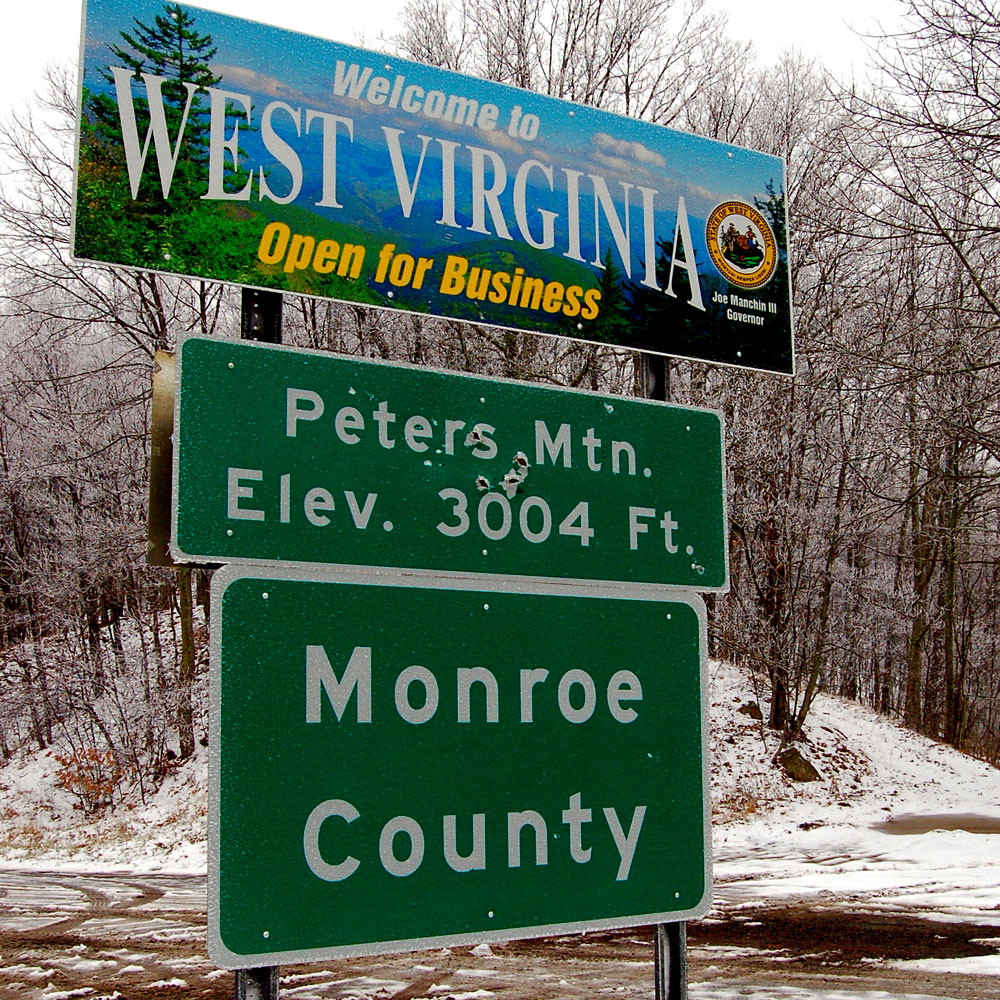
September 17, 2020; Nieman Lab
Each new iteration of nonprofit news adds a little more clarity, depth, and richness to that scene. Just yesterday, reports Sarah Scire of Neiman Lab, a new publication called Mountain State Spotlight launched in West Virginia, having pieced itself together out of fired and resigned refugees from the Charleston Gazette-Mail, with support from ProPublica, the American Journalism Project, and Report for America along with hundreds of individual donors. That is as it should be, since the group wants to be broadly owned by its community. Ken Ward Jr., one of three co-founders, says the group has been the recipient of plenty of emotional as well as cash support.
“We have a team of people who are helping us to understand how to turn a bunch of reporters into a well-oiled machine that can do the stories that West Virginia needs but also raise the money and run an operation in a way that will make it sustainable,” Ward says. “That’s what every community needs, not just good journalists, but a good journalism organization.”
Ward had secured four Report for America positions for the Gazette, and he was committed to working with them, but now that he had left, where could that happen?
Sign up for our free newsletters
Subscribe to NPQ's newsletters to have our top stories delivered directly to your inbox.
By signing up, you agree to our privacy policy and terms of use, and to receive messages from NPQ and our partners.
“We could have done things differently. We could have spent six months or a year building up the organization, raising money, hiring a development director,” Ward observes. “But I didn’t want to lose the staff of reporters—just phenomenal emerging journalists that are going to do incredible work here—so we were in a race.”
As for distribution, the group intends to do some innovation there as well, distributing through other print outlets and addressing the unique access needs of the state.
“It’s a heavy Facebook-using state. A lot of folks may not have great broadband internet access, but they have a cell signal and visit Facebook on their mobile device,” Ward says. “I know we’re all supposed to think in the media world that Facebook is evil, but if that’s where some of our potential readers are—and where the West Virginians are who need our stories—then we need to go there and more effectively use that platform. I haven’t seen a media organization in West Virginia who has really harnessed that power yet. We’re going to try to do that.”
The field of nonprofit news is constantly evolving. The new, networked image is an impressive model for transformation. Local investigative sites actively work with others and distribute through them. The audience generates priorities while public databases are built. There’s strong racial representation among reporters and editors. People learn not only through the expertise of others who have gone before, but also through the constantly evolving edge of the practice. It has funder support to ensure the field learning never stops—and it doesn’t hurt that it has its own embedded capability of documenting all of this.—Ruth McCambridge












